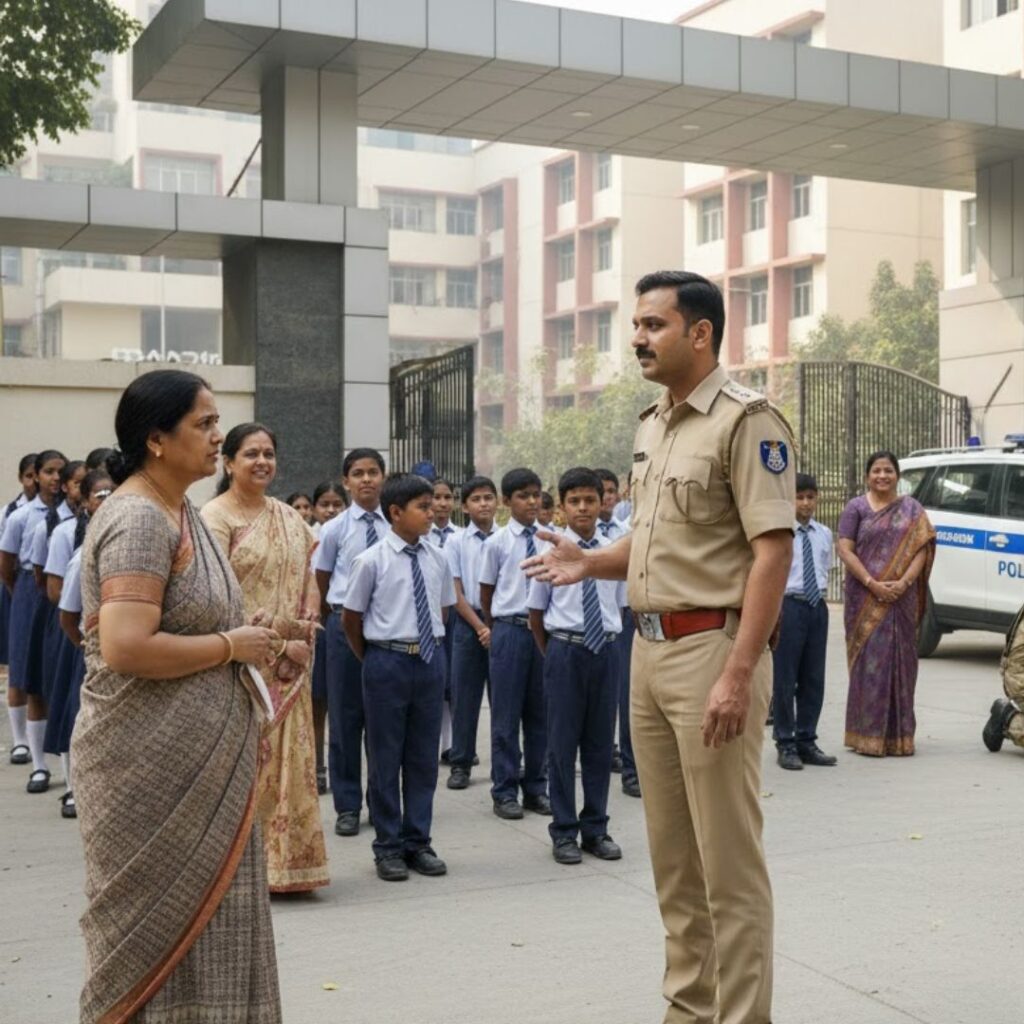Bengaluru-based vascular surgeon Dr Vivekanand recently spoke about the tragic death of an 18-year-old engineering student who developed a life-threatening blood clot after taking hormonal pills to delay her period for a religious puja. The girl came to the clinic with severe leg and thigh pain caused by deep vein thrombosis (DVT), a serious condition involving blood clots.
Despite doctors urgently advising hospital admission and treatment, her family delayed the decision. She was later rushed to the emergency department but was not breathing and died. Dr Vivekanand highlighted that the delay cost her life and stressed the dangers of self-medicating with hormonal pills without medical supervision.
The Fatal Consequences of Hormonal Pills Without Medical Guidance
Dr Vivekanand recounted the case on Rebooting The Brain Podcast, explaining that the girl had taken the pills for just three days to postpone her period for a family ceremony. She developed a deep vein thrombosis clot extending almost up to her navel, causing immense pain and swelling in her leg.
“She says, ‘I had to take some hormonal pills to stop my periods because there was a puja’. And this is one of the conditions which causes a deep pain thrombosis, is one of the risk factors, happens once in a while and we got a scan done the clot was almost till the near level of umbilicus that is the common iliac vein. And (she took the pill) just for 3 days,” he recalled.
The doctor repeatedly tried to convince the family to admit and treat her immediately but was met with resistance. The young girl’s sudden deterioration illustrates how hormonal pills, though commonly used, can trigger serious health risks like DVT, especially when taken without proper clinical advice.
Understanding Deep Vein Thrombosis and Its Risks
Deep vein thrombosis is a dangerous condition where blood clots form in deep veins, commonly in the legs, which can lead to complications if clots detach and travel to vital organs such as the lungs or brain, causing potentially fatal blockages.
DVT can result from various factors including hormonal treatments, prolonged immobility, surgery, or genetic predisposition. Early diagnosis and timely anticoagulant treatment largely improve survival. Medical experts warn against unmonitored hormone use and encourage immediate consultation if symptoms such as leg pain or swelling occur.
General Health Expert Advice on Period Delay Pills
Period delay pills work by artificially maintaining elevated levels of the hormone progesterone in the body. Normally, falling progesterone levels trigger menstruation, but these pills prevent that drop, delaying the shedding of the uterine lining and thus postponing the period.
While effective for short-term delay, these synthetic hormones influence blood clotting mechanisms, increasing the risk of deep vein thrombosis (DVT) and other complications, especially in women with pre-existing conditions or risk factors like obesity, smoking, diabetes, hypertension, or family history of clotting disorders.
Health experts emphasise that period delay pills should be used only under proper medical supervision. Doctors evaluate personal and family medical history, advise on appropriate dosages, and monitor for warning signs such as leg swelling, pain, chest discomfort, or sudden breathlessness. Using these pills without prescription or medical guidance increases the chances of life-threatening complications. Alternative regulated treatments and lifestyle measures can sometimes support menstrual management with fewer risks.
One should never take any hormonal medicines, including period delay pills, without a doctor’s prescription and guidance. Self-medication with these drugs can have unpredictable and dangerous effects on your health.
The Logical Indian’s Perspective
This tragic story underlines the critical need for public awareness about the risks associated with hormonal medications and the importance of respecting medical advice. The Logical Indian advocates for empowering individuals with reliable health knowledge to make informed decisions and urging families to respond promptly to medical warnings. Compassionate healthcare access and increased health literacy can save lives.












